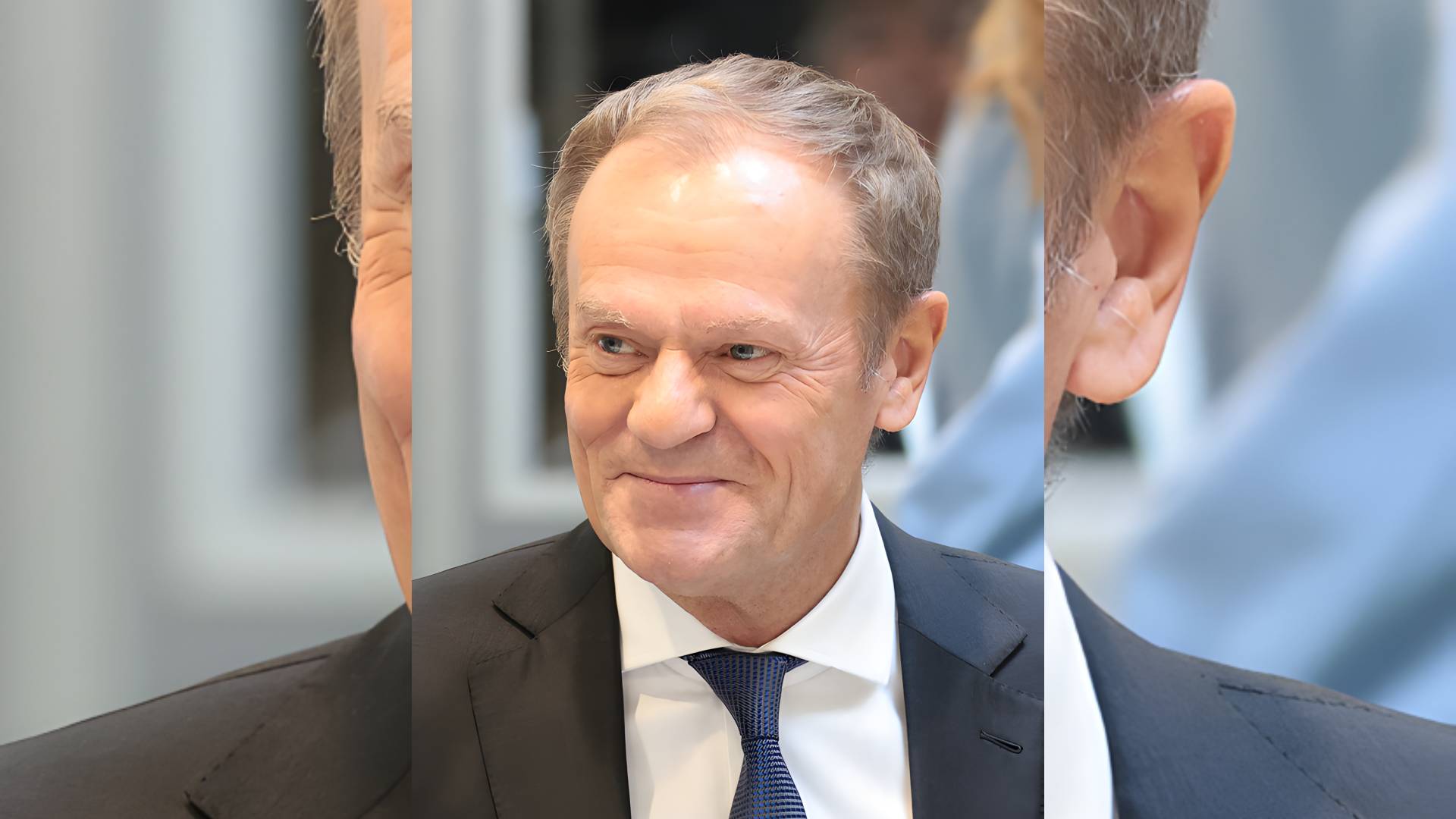Pro-European Leaders Call for Decisive Action Amid Nationalist Surge
Pro-European politicians, including Polish Prime Minister Donald Tusk and German Chancellor Olaf Scholz, stress the importance of addressing issues like illegal migration to counter rising nationalism. Following intergovernmental talks, Germany and Poland presented a joint action plan focusing on boosting defence cooperation and coordinating aid to Ukraine.

Pro-European politicians must act decisively in tackling issues of concern to ordinary voters like illegal migration to counter rising nationalism, Polish Prime Minister Donald Tusk said on Tuesday, after far-right gains in French and EU elections.
Tusk was speaking alongside Chancellor Olaf Scholz after intergovernmental consultations between the Polish and German cabinets as they look to deepen ties. France, the third member of the 'Weimar Triangle' grouping, is reeling from the far-right's
victory in Sunday's first round of its parliamentary election.
"The French election is not the only quite critical moment, in many places we can see the growth of forces that do not hide their eurosceptic attitude," Tusk told a joint news conference with Scholz in Warsaw. "That is why it is so important that moderate, reasonable, pro-European forces... find convincing answers to what has become important for ordinary people - the effective fight against illegal migration, security, greater economic sustainability, increased industrial coordination."
Scholz said he was sure that relations between Paris, Berlin and Warsaw would remain strong despite Marine Le Pen's far-right National Rally (RN) party making historic gains in France, which will hold a second round of voting next Sunday. "We are of course two very pro-European nations and two very pro-European governments," Scholz said of Poland and Germany. "We know that our future can only succeed together with Europe and that is also the basis for why, in my view, we have reached very concrete agreements on what we will do next."
ACTION PLAN Following Tuesday's intergovernmental talks, the first since 2018, Germany and Poland presented a joint action plan in which they agreed to discuss boosting defence cooperation, including a stronger NATO presence on the alliance's eastern border, and the coordination of Ukraine aid.
However, differences on defence were also visible. Tusk has been a vocal proponent of common EU financing of defence projects, but Scholz has said the bloc should not be involved in financing arms purchases or national defence budgets.
Tusk said he would continue to stress to EU partners including Germany the importance of coordination in defence purchases. "Poland spends huge amounts of money on armaments," Tusk said. "I would like our efforts to be well coordinated with the efforts of other countries."
Relations between Berlin and Warsaw have warmed since Tusk's pro-European coalition came to power in December, ending eight years of nationalist rule in Poland during which the Law and Justice government regularly painted Germany as a hostile force. However, 85 years on from the start of World War Two, many in Poland still feel Germany has not done enough to make amends for a conflict that left the country in ruins and killed about a fifth of its population, including the vast majority of its 3 million Jewish citizens.
"Germany will... endeavour to take measures to support the surviving victims of the German aggression and occupation between 1939 and 1945," Scholz said. The German government has already approved funding for the founding of a "German-Polish House" in Berlin as a memorial to victims of Nazi Germany's occupation of Poland.
(This story has not been edited by Devdiscourse staff and is auto-generated from a syndicated feed.)










